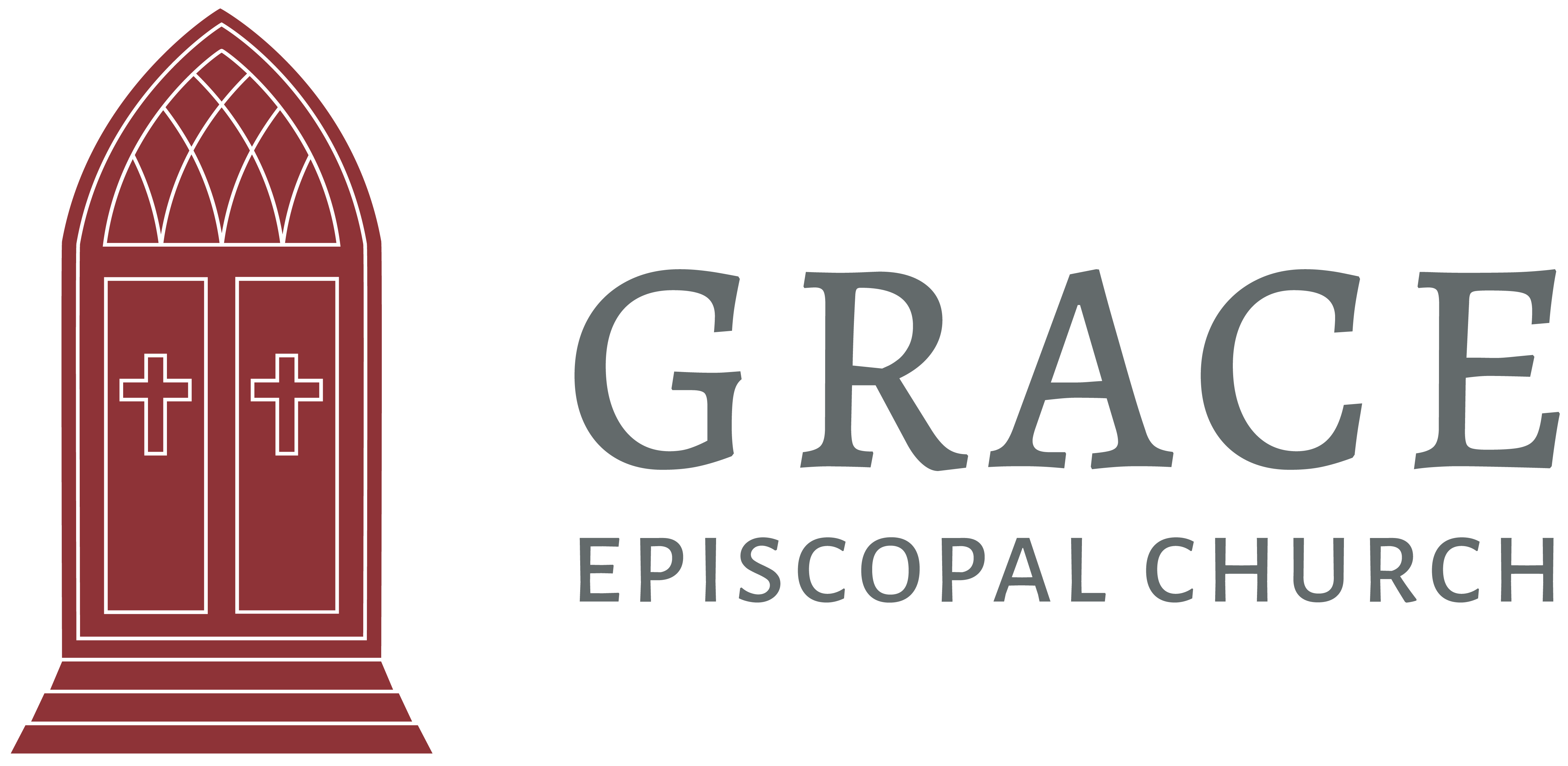Psalm 40, 54; 1 Kings 18:20-40; Phil. 3:1-16; Matt. 3:1-12
Everything is about resurrection. ‘I want to know Christ and the power of his resurrection and the sharing of his sufferings by becoming like him in his death, if somehow I may attain the resurrection from the dead.’ But resurrection isn’t just from physical death–oh, it’s certainly that, and thanks be to God for the promise of emptied graves and reborn universes! It is also a process for the everyday, the process of dying to self (which hurts in some ways quite as much as dying to mortal life) in such as way that we can be reborn to something greater. Every suffering, every pain, of this present age is the gateway, the invitation, to a death to self and a rebirth to something much better, if we can only make ourselves follow the Christ-pattern through the agonies of our own little Good Fridays to the glories of our own tiny little Easters.
Resurrection presupposes suffering, and death, before it can happen. And if my life is filled with efforts to avoid and deny and rage against my suffering and death, how can I possibly expect resurrection to follow? Suffering cannot be avoided, although it’s certainly also not to be courted. Instead, we’re supposed to seek to transform the suffering the world hands us, the suffering we can’t avoid, to make it like Christ’s suffering. That is, to suffer for others. When I hurt, when I’m wounded, when I’m betrayed, when I’m sad and bleeding, to force myself to ask how to do this alongside others, even how to do it for others. Dying to self, to what I want, to what I in fact may deserve, may even have earned and have the right to demand: that’s hard work, friends. Dying to my dreams: it hurts–but no death, no resurrection. Yes, it’s all a gift and no, we don’t earn it–but at the same time, resurrection never comes easy.
My back has hurt for almost two weeks now, 24/7. That’s a side-effect of the radiation treatment on the largest of my collection of spinal tumors, designed to keep that particular landmine from growing into and killing off the nerves that keep me walking. I’m grateful for the radiation, especially now that it’s over, but it’s also roasted a lot of delicate soft abdominal tissues on its way to the tumor, and turned my L5 vertebra into an angry, snarling little pocket of petulance. The pain is a side effect, and it will go away eventually, and it’s mostly kept at bay (mostly) by some handy pills (thanks, medical science!), and if it keeps me out of a wheelchair it’s worth it. But it still hurts. I can take that with a snarl and a sad woe-is-me face (and doubtless have, to some extent–sorry, my amazing Bride, who’s graciously put up with those moments: I don’t deserve you). But pain is a necessary precursor to resurrection, and if I don’t accept it and work with it, I’ll miss the grace that’s happening in the midst of the pain, miss the new life that’s being oh-so-subtly birthed into my world.
Whether from the literal grave or from the grave of my own self-importance and self-reliance and self-centeredness, resurrection doesn’t just happen. I must choose to participate in the process, consciously to move beyond my own pain-and-dying and to offer that as a sacrifice for someone else, known or anonymous. In Paul’s language, I have to attain it, even though it’s a gift. That means fully embracing and transforming the pain-and-dying of not getting my way. The pain-and-dying of being ignored, overlooked, passed over. The pain-and-dying of my dreams and schemes evaporating in front of my eyes. And yes, the pain-and-dying of physical pain-and-dying. We all die, all the time: the question is whether we choose to do so in such as way that we can be reborn to something more.

